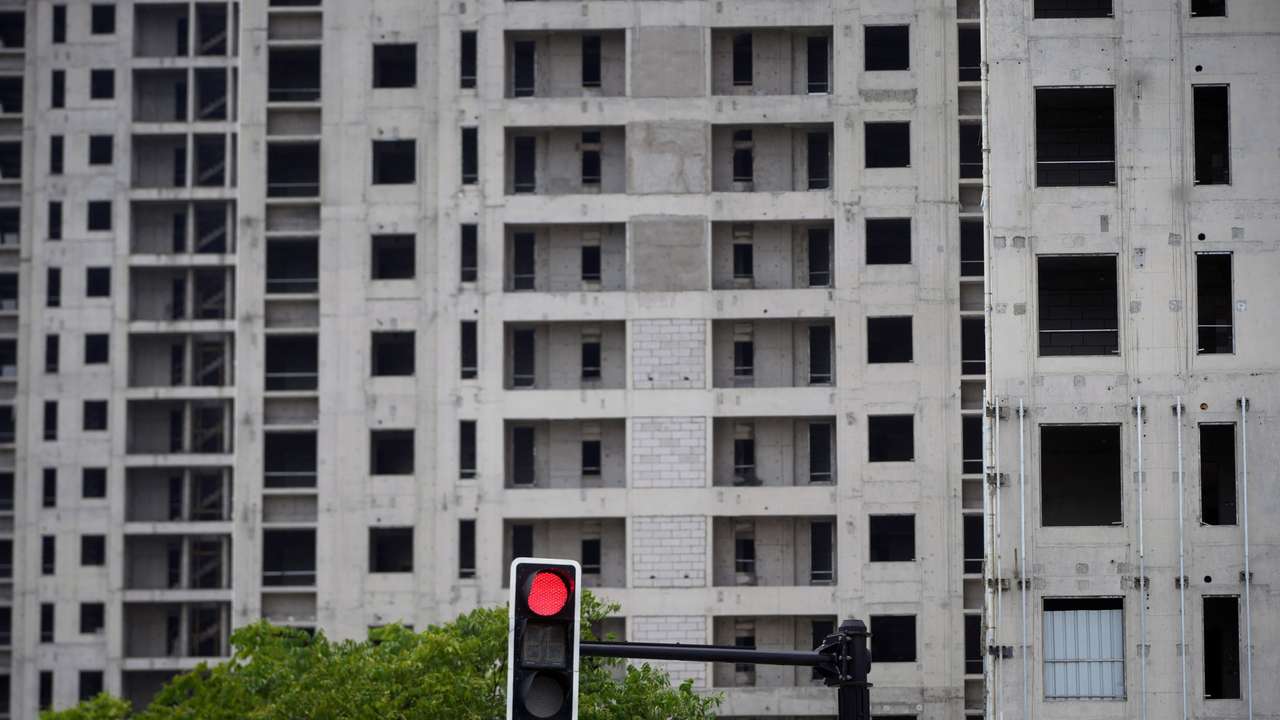China's Li vows more support for property market stuck in the doldrums

China's Li vows more support for property market stuck in the doldrums
By Liangping Gao and Ryan Woo
China will try to stabilise a property sector with targeted measures while providing financing to "justified" projects, Premier Li Qiang said on Tuesday, as Beijing looks to resolve a glut of unfinished properties that have worried homebuyers.
The policy message in Li's annual report to China's parliament reinforced the view that the world's second-largest economy is still working through a combination of half-completed projects as well as unsold homes that will take years to remedy and remain a brake on economic growth.
The property sector has lurched from one crisis to another since 2021 after a regulatory crackdown on high leverage among developers triggered a liquidity crisis. So far, authorities have not rolled out massive stimulus to support developers, instead adopting a long series of incremental steps to revive the sector.
The government will "meet justified financing demands of real estate enterprises under various forms of ownership on an equal basis, so as to promote the steady and healthy development of the real estate market," said Li.
Investors remain underwhelmed by the government's plans for the property market, with the mainland CSI 300 Real Estate Index down 42% in the past year.
Some analysts are drawing comparisons with Japan's lost decades of stagnation and deflation.
"The property market has yet to stabilise. Its woes reflect insufficient easing in the past and have raised the risk of deflation," said Chil Lo, Senior Market Strategist, Asia Pacific, at BNP Paribas Asset Management in Hong Kong.
"To counter the deflation risk so that structural reforms and debt reduction can proceed, Beijing needs to pump-prime the system by aggressive easing to protect economic growth with determination."
ANZ estimates China's unsold residential property had surpassed 3 billion square metres by the end of 203, a glut that would take 3.6 years to clear.
New home prices could decline 0.9% in 2024, according to a Reuters poll of economists last month, versus 1.1% growth tipped in a previous poll in November.
'NEW DEVELOPMENT MODEL'
In January, China launched a "whitelist" mechanism, asking state banks to boost lending to certain approved residential projects.
As of Feb. 28, 276 cities in 31 provinces and regions have set up such mechanisms, with about 6,000 real estate projects proposed for financing. Commercial banks have approved loans of over 200 billion yuan ($27.79 billion) for eligible projects.
China will also quicken the development of a new model for the property sector, focusing on building more affordable housing and meeting various demand for homes, according to Li's report, but few details were provided.
"We will, in response to the trend of new urbanisation and supply and demand changes in the housing market, move faster to foster a new development model for real estate," Li said.
"We will scale up the building and supply of government-subsidised housing and improve the basic systems for commercial housing to meet people's essential need for a home to live in and their different demands for better housing."
The government also removed the slogan "houses are for living, not for speculation" in Li's report.
"This slogan was previously seen as symbolic of restrictive property market policies," said Lynn Song, Chief economist of greater China at ING.
"The property sector will likely remain a prolonged drag on growth, but we do not see it boiling over into a full-blown crisis."
China will target ambitious economic growth of around 5% this year as it works to transform its development model and defuse property sector risks, according to Li.
This article was produced by Reuters news agency. It has not been edited by Global South World.